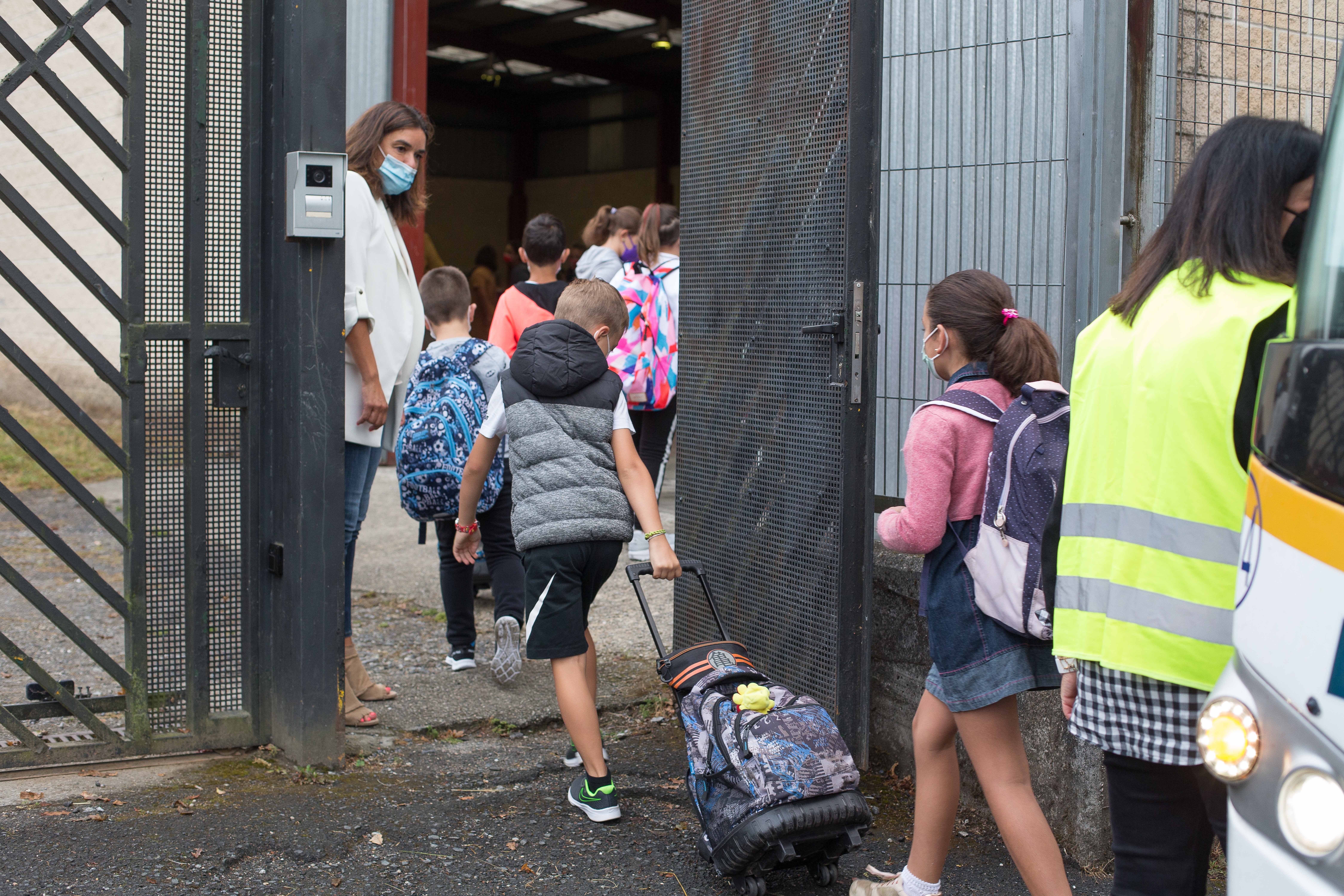Catalan president Pere Aragonès has announced that the decision has been taken to bring forward the start of the school year for school students in Catalonia. Specifically, those in infant and primary education will go back to school on September 5th, while at all levels of secondary school, classes will begin on September 7th. According to the minister of education, Josep Gonzàlez-Cambray, the decision has been taken based on "educational criteria". The educational head says it was also taken to come into closer alignment with other European countries, where summer holidays are shorter. "In our system, the holidays are too concentrated during the summer," he said.
In fact, the Catalan president also pointed out that this measure is economically fairer and better favours the need in families to reconcile their different responsibilities. In a press conference from the playground at Baldiri Reixac school in Barcelona, he recalled that many families can't afford to send children on the educational courses that other children are able to take during the summer, and that this creates a lot of inequality among children and teenagers. This change, therefore, responds to "a pedagogical need" and an "historical demand." Although the end-of-course dates will remain the same (at the end of June), the school year is now being extended and this, according to the government, means that there is more ability for parents to reconcile work and family time.
"We don't want to leave anyone behind," he said. In fact, both the president and the minister said that with this change "everyone wins". Not only students and families, according to the government, but also teaching professionals will benefit from this change. "School is an essential motor for a more just and prosperous society in terms of equality," Aragonès insisted. According to him, the work-life balance "is a fundamental element that public services must always keep in mind."
The president of the Generalitat began his speech by expressing his thanks to the entire educational community, specifically referring to the fight against coronavirus that has taken place in Catalan classrooms. He made reference to the management of the centres, as well as the teachers, administration and service teams. However, he stressed great effort that has been made by students.
Union will demand education minister's head
Education minister Josep Gonzàlez-Cambray reiterated that the change is positive, explaining that he has spoken about the changes to school centre management teams; and that he is open to meeting with the unions to discuss this new measure. Nevertheless, complaints about the change in the Catalan school calendar were quick to arrive from the USTEC teachers union, which plans to demand the resignation of the minister Cambray. This was stated by its spokesperson, Iolanda Segura, in statements to ElNacional.cat.
According to the majority union of workers in the education sector, says Segura, the measure is just a "smoke screen" to cover up the debates and controversies of recent weeks: the draft version that the department has sent to schools on the curriculum for next year, and the case of the 25% Spanish quota which has been judicially imposed on all Catalan classrooms. "It's amazing, this is the last straw, and highly irresponsible," the USTEC spokeperson told this newspaper.
The union only learned of the measure through the email that the education department sent to the schools moments before Thursday's press conference. Asked about the issue, Cambray said there was still time to talk to the unions, but acknowledged that no communication had taken place before announcing the measure. Segura says that now USTEC will request a meeting with the minister, but that the first step that the union will take will be to ask for his resignation.
The language immersion system
As well, the minister was asked during the press conference about the language immersion issue and, specifically, the Canet de Mar school which has been one of the first to be affected. Cambray assured that the Catalan education authorities "will fight with all the tools they have against the judicialization of a successful model". Regarding the new education curriculum, he stated that "the language regime has not changed". "What the centres are doing is adapting to the context and the environment," he added.

